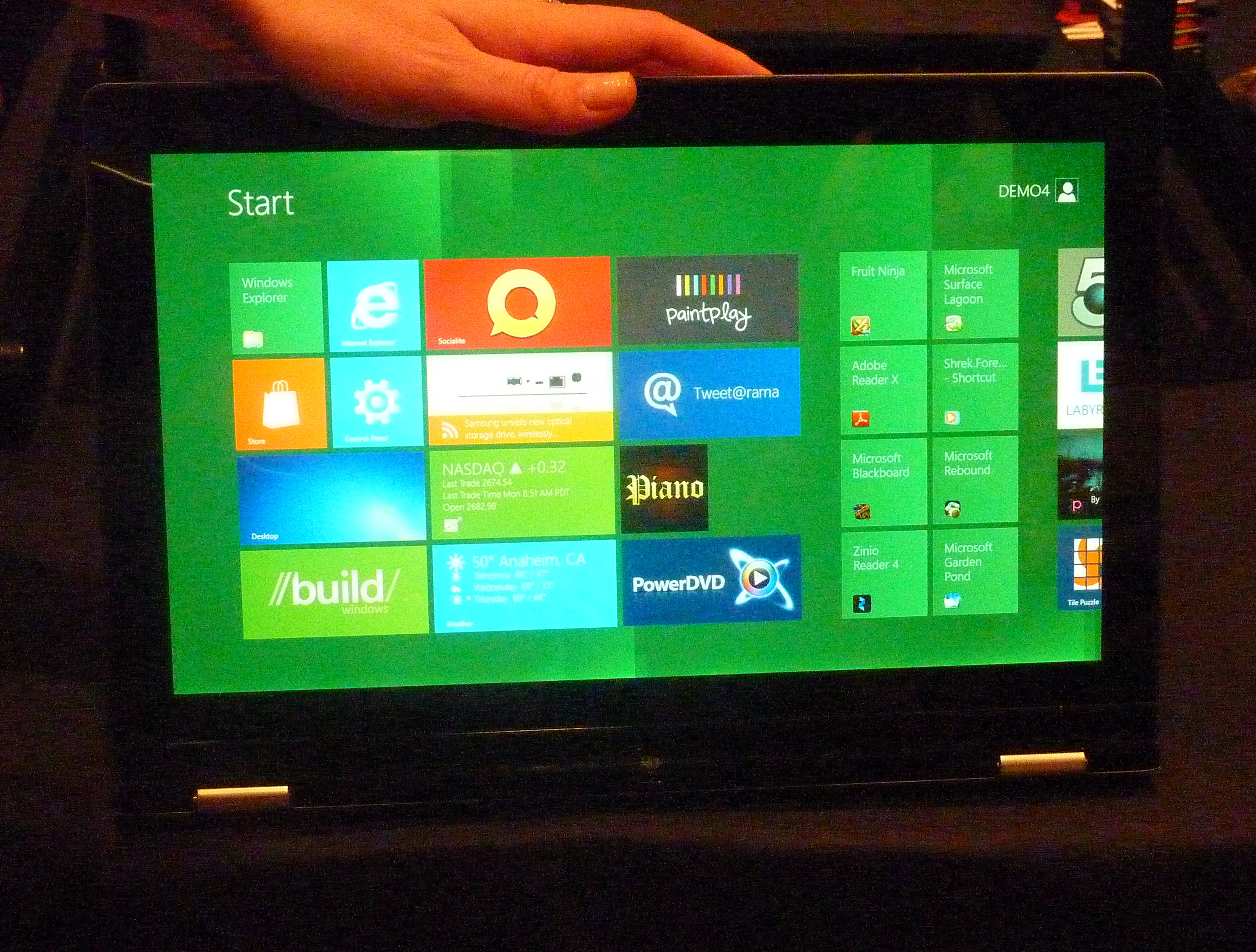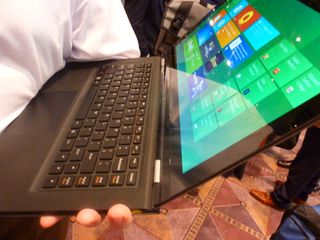Windows 8 on ARM? Intel must be laughing
Lack of desktop app support makes Intel the only real option

Our columnist Gary Marshall points out that Microsoft's decision to prevent third-party apps on ARM-based Windows 8 desktops will only serve to confuse.
He's right. And, what's more, it horribly hobbles ARM-based Windows 8 hardware to the extent that Intel will be rubbing its hands together with glee.
Last September I suggested that ARM-based Windows 8's lack of legacy app support was the elephant in the room for the OS. It still is.
People won't understand they can't just download and install legacy apps on something that looks like a standard Windows 8 desktop. That's not what Windows means to people.
OK, so there will be Office 15 apps and other bits and pieces pre-installed, while we will have plenty of lovely third-party apps using the Metro interface. But the ARM Windows 8 desktop won't be a flexible experience.
And that can only mean customers will turn away – indeed, I feel that this news means that manufacturers will play it safe and we'll only see a few ARM-based Windows 8 tablets at the launch of Windows 8, rather than the plethora of multipurpose devices I'd hoped for.
You see, people will expect Windows 8 devices to give them options. New possibilities. They won't want an iPad 3 alternative that has a bit of old Windows tacked on.
Are you a pro? Subscribe to our newsletter
Sign up to the TechRadar Pro newsletter to get all the top news, opinion, features and guidance your business needs to succeed!
It's up to Intel
We knew that x86-based devices would still dominate the Windows 8 landscape. But we had hoped that ARM-based Windows devices would take the OS beyond the traditional PC and give us some really exciting tablet-laptop hybrids that could be used for work or play. The single device to suit every occasion.
I was looking forward to having an ARM-based Windows 8 convertible running a chip like the Qualcomm Snapdragon S4, where I could use Metro in tablet mode but also get the full laptop experience with a keyboard and the Windows desktop when needed.
Now it seems that many of these more complex and interesting devices will end up being Intel-based, rather like the Lenovo IdeaPad Yoga we loved so much at CES 2012.

IDEAPAD YOGA: We'll be seeing a lot more Intel-based convertible Windows 8 devices
And that'll be because manufacturers know what will sell. To be frank, people are so used to looking for something with Intel inside.
Intel made it clear at CES that touch-based Ultrabooks will be with us for Windows 8, and many of these could be convertible devices using the Core series of processors.
Intel is keen to make inroads into the tablet market and recently announced the Atom chip it hopes can compete with ARM in many phones and tablets.
Despite the Atom's relative lack of power and battery life compared to the best ARM silicon, it will be rather happy at the possibilities that Windows 8 can bring.
Dan (Twitter, Google+) is TechRadar's Former Deputy Editor and is now in charge at our sister site T3.com. Covering all things computing, internet and mobile he's a seasoned regular at major tech shows such as CES, IFA and Mobile World Congress. Dan has also been a tech expert for many outlets including BBC Radio 4, 5Live and the World Service, The Sun and ITV News.
